Businesses today face an increasingly difficult challenge: how to effectively reach and engage their target audience in an age of information overload. Artificial Intelligence (AI), an innovative technology that is known as a game-changer in the field of marketing, comes into play.
The complex task of sifting through this huge amount of data to find meaningful insights and trends can leave marketers dealing with inefficiencies and missed opportunities. That’s when this situation points out the need for a positive solution.
Let’s look at the potential of AI marketing in terms of its capabilities, applications, and the opportunities it provides to stay ahead in the competitive digital landscape in this blog.
What is AI Marketing?
Artificial Intelligence (AI) Marketing is a revolutionary approach to digital advertising that leverages advanced technologies to enhance and streamline marketing strategies. Unlike traditional methods, AI Marketing utilizes machine learning algorithms and data analysis to make informed decisions, predict consumer behavior, and optimize campaigns in real time.
Why Should You Use AI for Marketing?
According to Mailchimp, 88% of marketers believe their organization must increase its use of automation and AI to meet customer expectations competitively.
AI not only enhances efficiency but revolutionizes the very core of marketing practices. In this part, discover how AI-driven innovations can elevate your marketing efforts, enhance customer relationships, and propel your brand into the future.
1. Automation
The most obvious benefit of AI is automation. Automation in marketing refers to the ability to automate repetitive tasks so that human resources can be better used elsewhere. According to research by Ascend2, using automation to optimize overall strategy is the top goal for marketers. You can free up your team’s time so they can focus on other tasks that require a human touch, while still getting the most out of their social media presence.
2. Improved customer experience
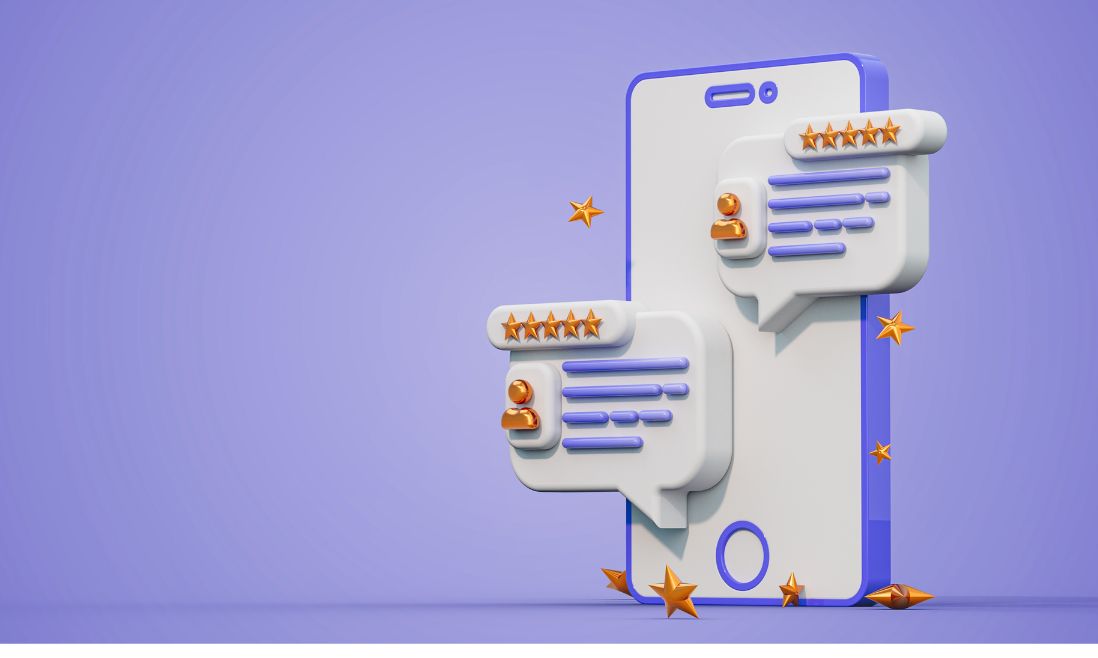
According to Statista’s 2023 survey among e-commerce leaders, more than half of the sector’s businesses planned their future customer experience strategy with a year or less of anticipation. That shows how important the shopping experience of customers is to businesses.
The beauty of AI lies in its capacity to empower businesses to deliver personalized experiences to a broad audience. Its proficiency in aggregating extensive data enables predictive insights that cater to individual preferences.
It’s crucial to grasp that AI is not a substitute for your customer service team but rather a powerful ally that amplifies and refines their efforts, contributing to an enriched customer service ecosystem.
3. Personalization
Personalized marketing is all about creating custom content for an individual based on their specific needs and interests. And since AI technology can analyze large data sets quickly and accurately, it’s well-suited for this task.
AI uses machine learning to create models that can take data from multiple sources and find patterns. According to Statista, when asked how their company measured effectiveness in using artificial intelligence-driven personalization, 47 percent of global business leaders identified data accuracy as the foremost criterion.
4. Predictive Analytics
Predictive analytics is a type of AI that analyzes past data to identify patterns and trends. This information can then be used to make predictions, such as customer segmentation, lead scoring, and even predicting conversion rates.
Followed by VentureBeat, a majority of 95% of companies now integrate AI-powered predictive analytics into their marketing strategy, including 44% have integrated it into their strategy completely. This is a valuable tool for businesses because it can help them make decisions about where to allocate their resources.
5. Optimization
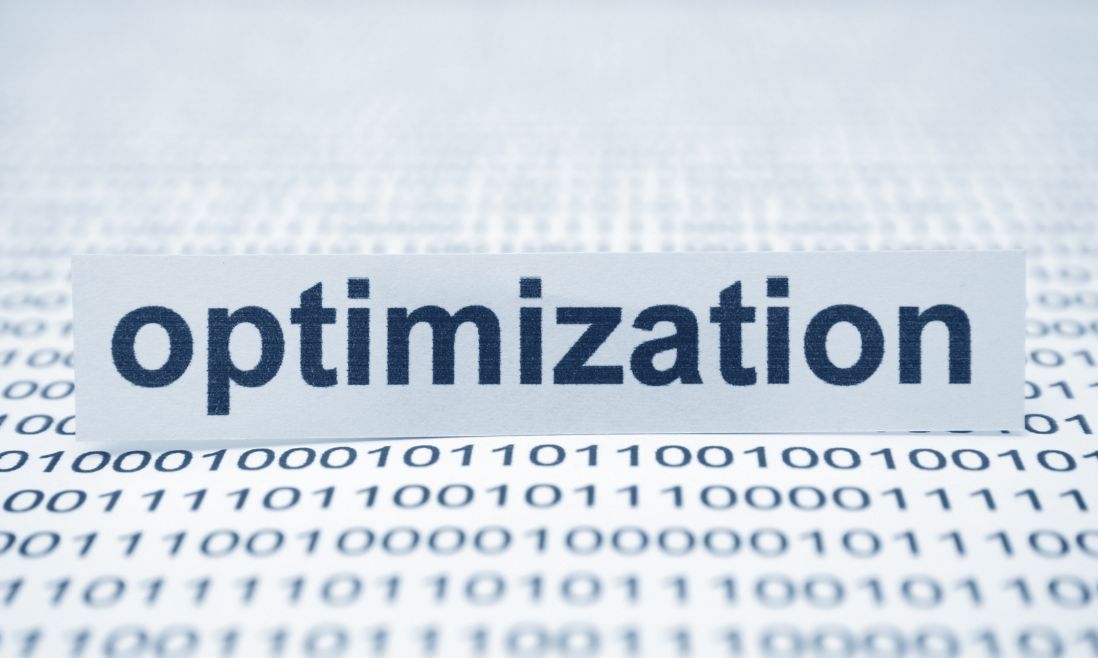
AI-powered marketing tools can help businesses automate the process of A/B testing so that they can constantly improve their campaigns. This optimization also results in an improved conversion rate as well.
Gartner says 63% of digital marketing leaders still struggle with personalization, yet only 17% use AI and machine learning across the function.
The repercussions of such optimization are manifold. Beyond the seamless orchestration of marketing elements, businesses witness a tangible boost in conversion rates. AI’s prowess in deciphering intricate patterns and user behavior ensures that each campaign is not just a shot in the dark but a strategically refined endeavor.
How to Incorporate AI in Marketing
Incorporating AI into marketing can transform how businesses engage with customers, analyze data, and create personalized experiences. Here are some effective ways to integrate AI into marketing strategies:
- Data analysis: AI can analyze vast amounts of data from various sources, including customer interactions, website traffic, and social media activity, to identify patterns and trends that would be difficult or impossible for humans to discern. This data can then be used to make more informed decisions about marketing campaigns, product development, and customer service.
- Content creation: AI can be used to generate content, such as blog posts, articles, and social media posts. This can be a time-saving tool for marketers, and it can also help to ensure that content is consistent with brand messaging.
- Personalization: AI can be used to personalize the customer experience by tailoring content, offers, and recommendations to individual customers. This can improve the customer experience and increase the likelihood of conversions.
- Predictive analytics: AI can be used to predict customer behavior, such as which products they are likely to purchase or when they are likely to churn. This information can be used to target marketing campaigns more effectively and to improve customer retention.
- Campaign optimization: AI can be used to optimize marketing campaigns on the fly, by automatically adjusting bids, budgets, and targeting criteria based on real-time data. This can help to improve campaign performance and maximize ROI.
- Chatbots: AI-powered chatbots can be used to provide customer service 24/7, answer FAQs, and even complete simple transactions. This can free up human customer service representatives to focus on more complex tasks.
These are just a few suggestions for you to get started. The possibilities to use AI in marketing are literally endless as marketers come up with creative ways to do things day by day.
Top 8 Best AI Marketing Tools
Artificial Intelligence (AI) has revolutionized the marketing landscape by automating tasks, improving efficiency, and personalizing experiences. From content creation to design and analysis, AI tools are empowering marketers to achieve remarkable results. Here are 8 of the best AI marketing tools available today:
1. Adobe Photoshop
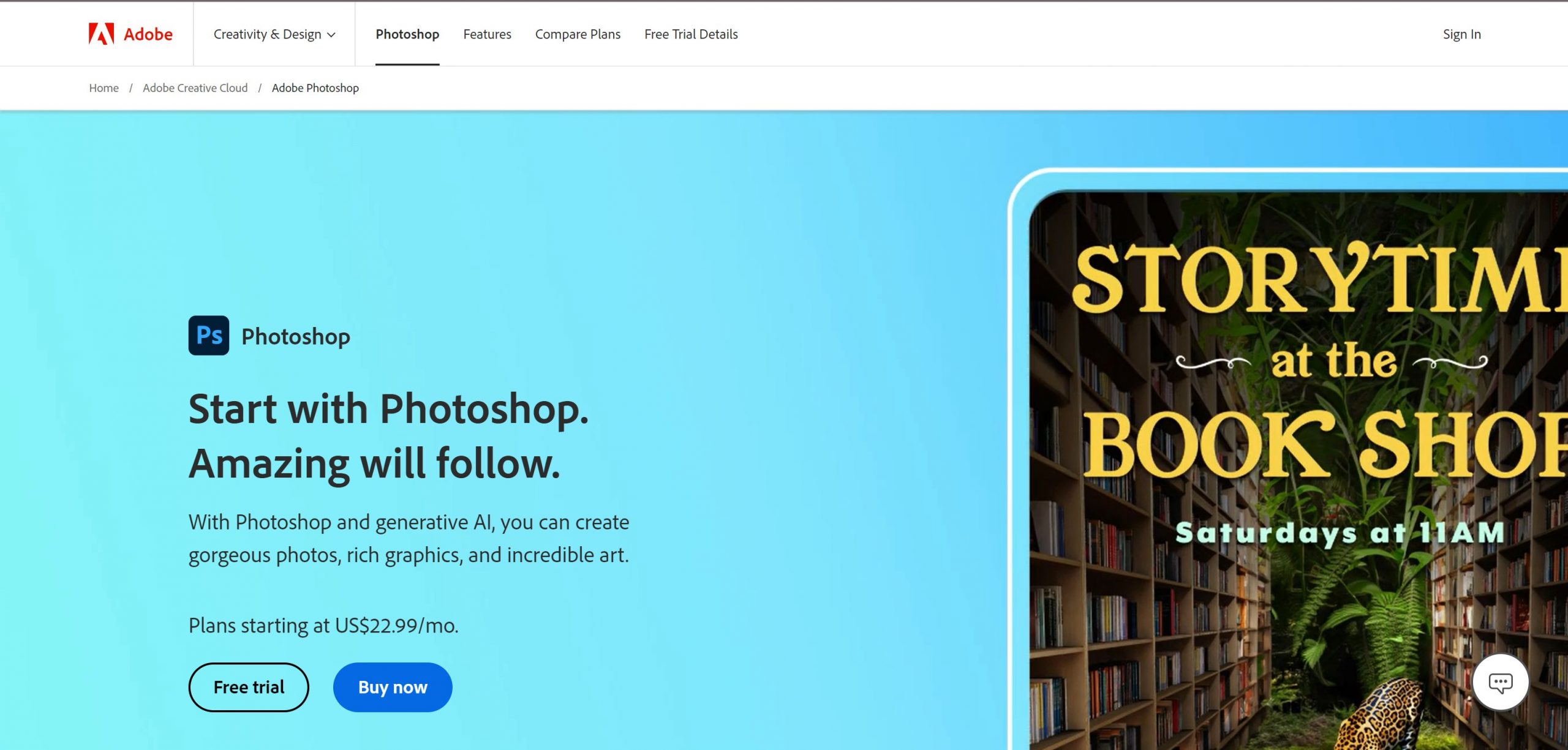
Adobe Photoshop is a classic photo editing software that has incorporated AI features to enhance its capabilities. The AI-powered Content-Aware Fill tool can seamlessly remove unwanted objects or fill in empty spaces, while the Super Resolution feature can upscale images without sacrificing quality. Additionally, Photoshop’s Neural Filters offer artistic effects and creative transformations powered by AI.
Photoshop’s AI also aids in creative tasks like generating unique patterns, creating stunning 3D objects, and even simulating natural phenomena like clouds and fire. This opens doors for crafting eye-catching ad banners, interactive website backgrounds, or captivating social media videos.
2. ChatGPT
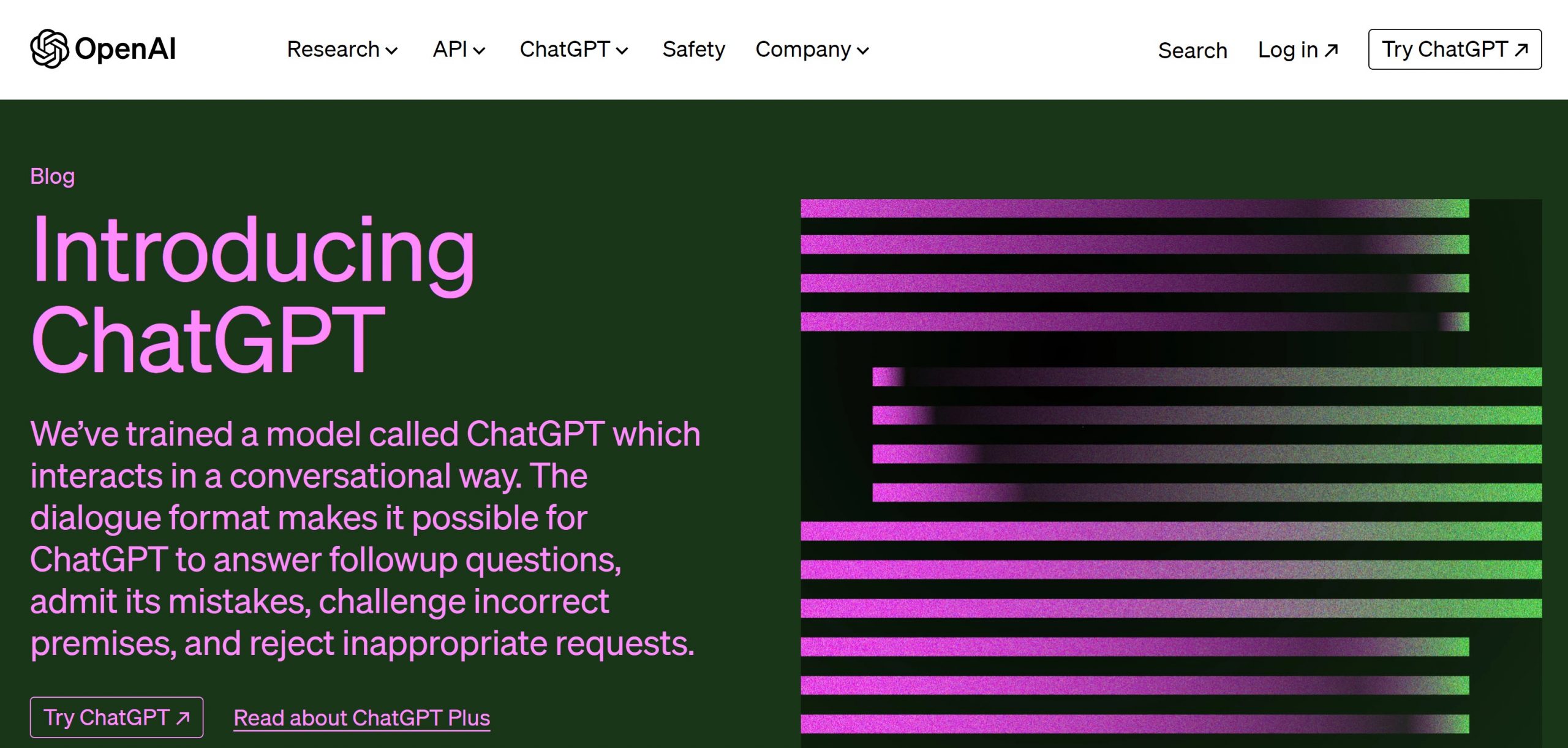
ChatGPT is a powerful AI language model that can generate human-quality text for various marketing purposes. It can create blog posts, email sequences, social media captions, and even product descriptions. ChatGPT is also adept at answering questions, translating languages, and writing different kinds of creative content.
ChatGPT’s true power lies in its ability to understand context and adapt its voice. This opens doors for crafting personalized marketing messages that resonate with individual customers. Think targeted email campaigns, dynamic website copy that changes based on user behavior, or even AI-powered chatbots that hold natural conversations with your audience.
3. Grammarly
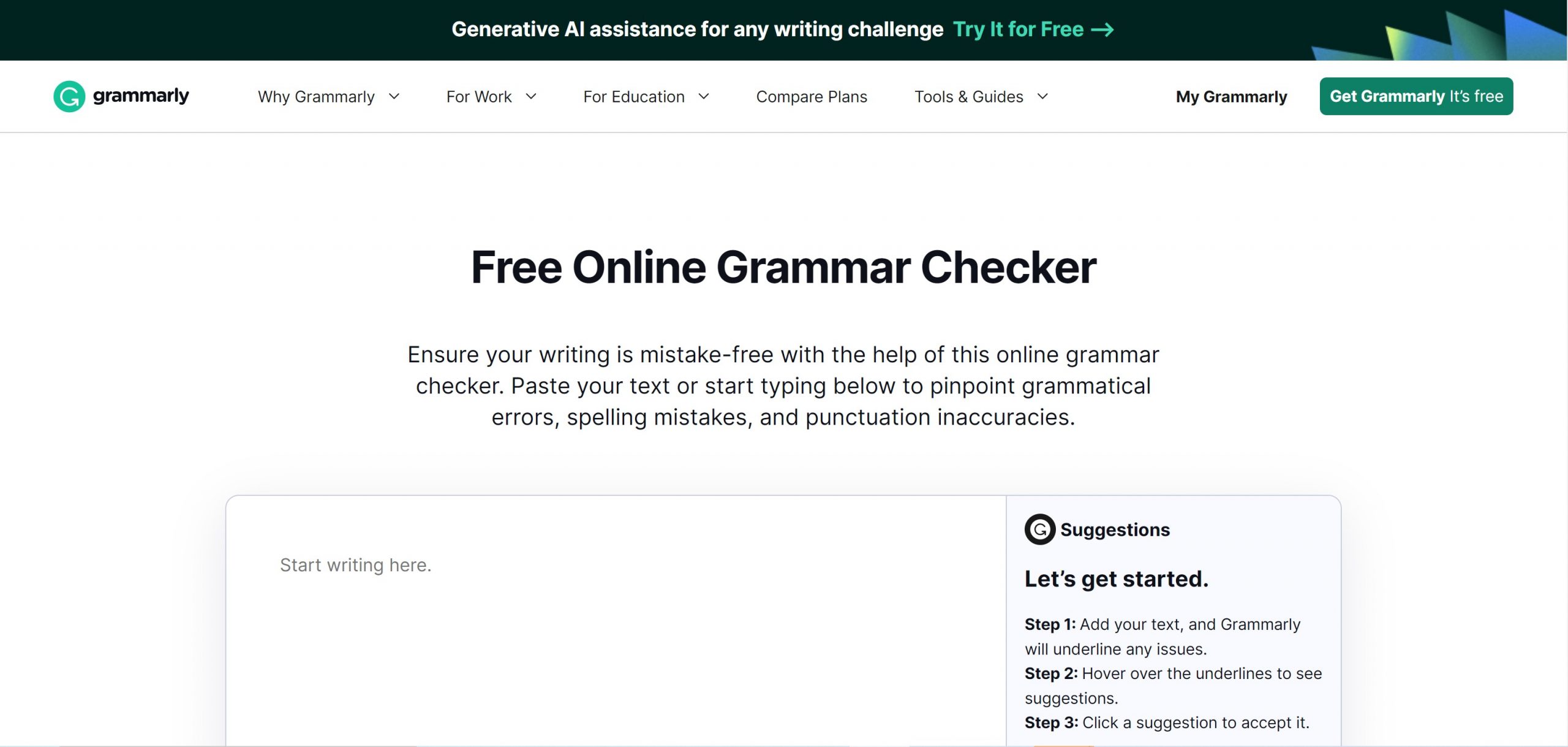
Grammarly is a popular writing assistant that utilizes AI to identify and correct grammatical errors, spelling mistakes, and stylistic inconsistencies. It also helps with clarity, conciseness, and engagement, ensuring your marketing materials are polished and professional.
Grammarly can learn your brand’s unique voice and style, ensuring all your marketing materials maintain a consistent tone and message. This fosters trust and recognition among your audience, making your brand instantly recognizable and building a loyal following.
4. DALL·E
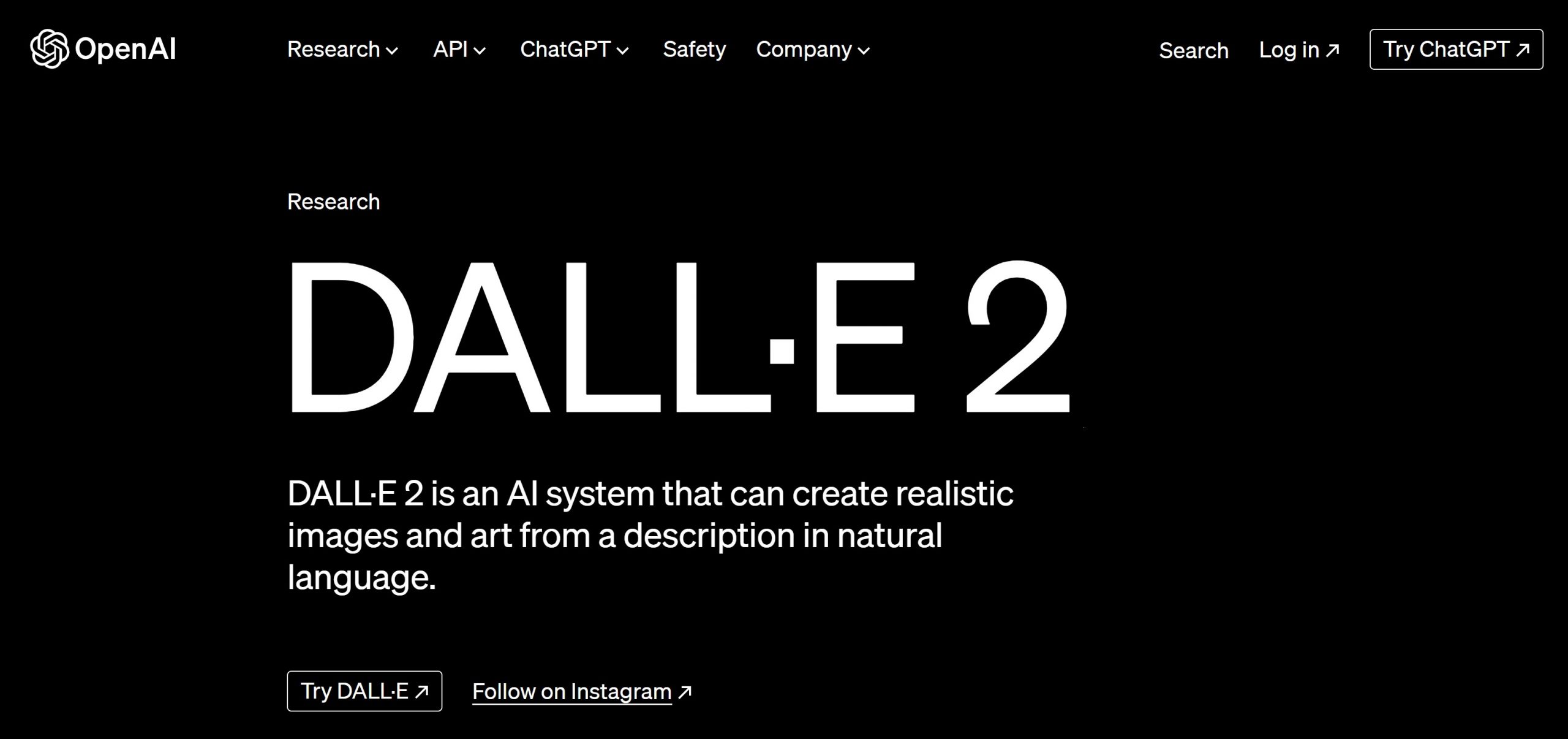
DALL·E is a powerful AI image generation tool capable of creating realistic and original images from text descriptions. It can be used to generate product mockups, social media graphics, and even illustrations for blog posts or marketing campaigns. DALL·E’s capabilities are constantly evolving, making it a valuable tool for graphic designers and marketers alike.
DALL·E allows you to tell your brand story through bespoke visuals that resonate deeply with your audience. Imagine evoking the feeling of your luxury product through a surreal image, capturing the essence of your service with a vibrant illustration, or transporting viewers to your brand’s world with a breathtaking landscape.
5. Descript
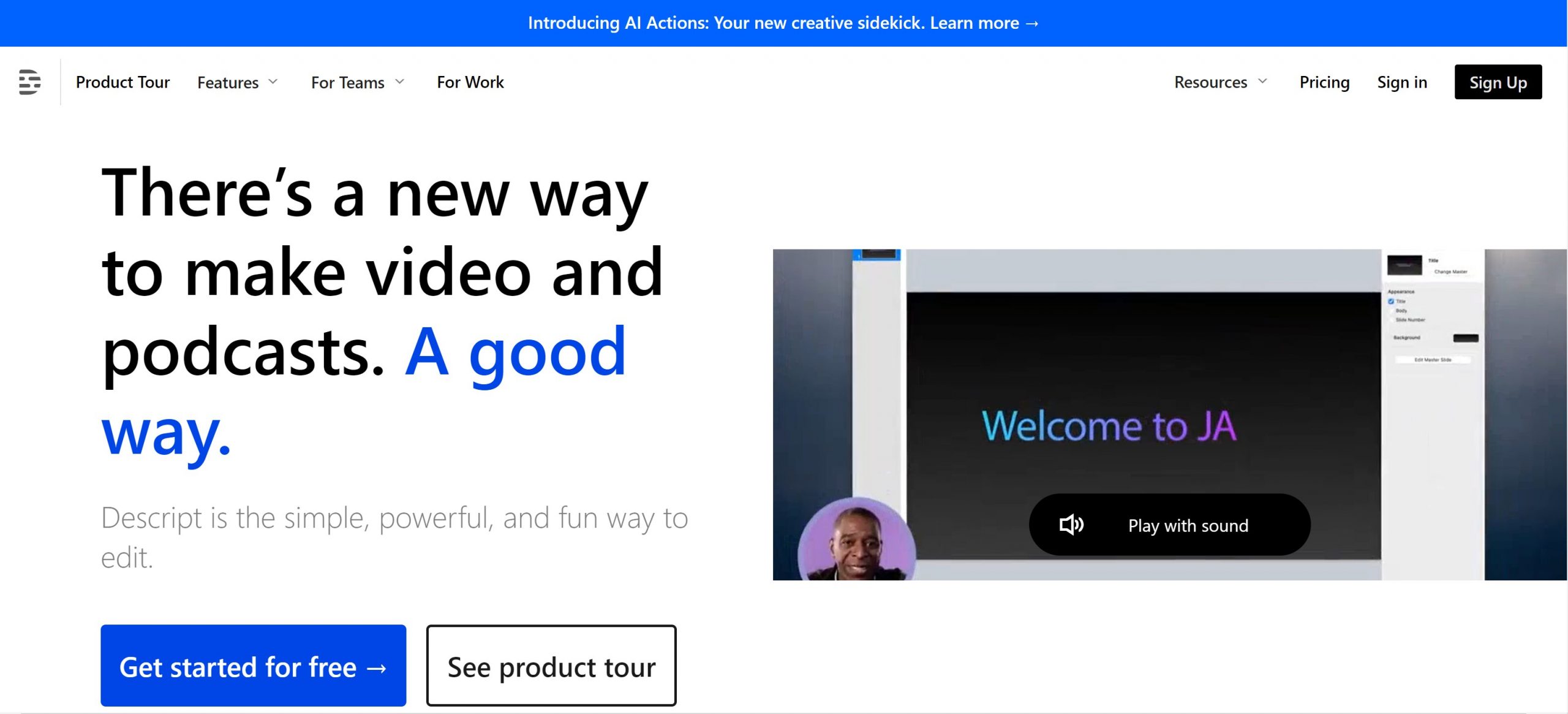
Descript is a powerful audio and video editing software that utilizes AI to automate tedious tasks and streamline the editing process. Its Overdub feature allows you to rewrite or revoice your recordings with realistic-sounding AI voices, while the B-roll Generator can automatically create video clips based on your audio transcript. Descript is a game-changer for content creators and video marketers.
Descript’s AI makes your audio content accessible to everyone. Automatically generate accurate closed captions, translate spoken words into multiple languages, and even adjust the speaking pace for easier comprehension. This opens doors to reaching a wider audience, boosting engagement, and staying ahead of the curve in an increasingly inclusive marketing landscape.
6. Canva
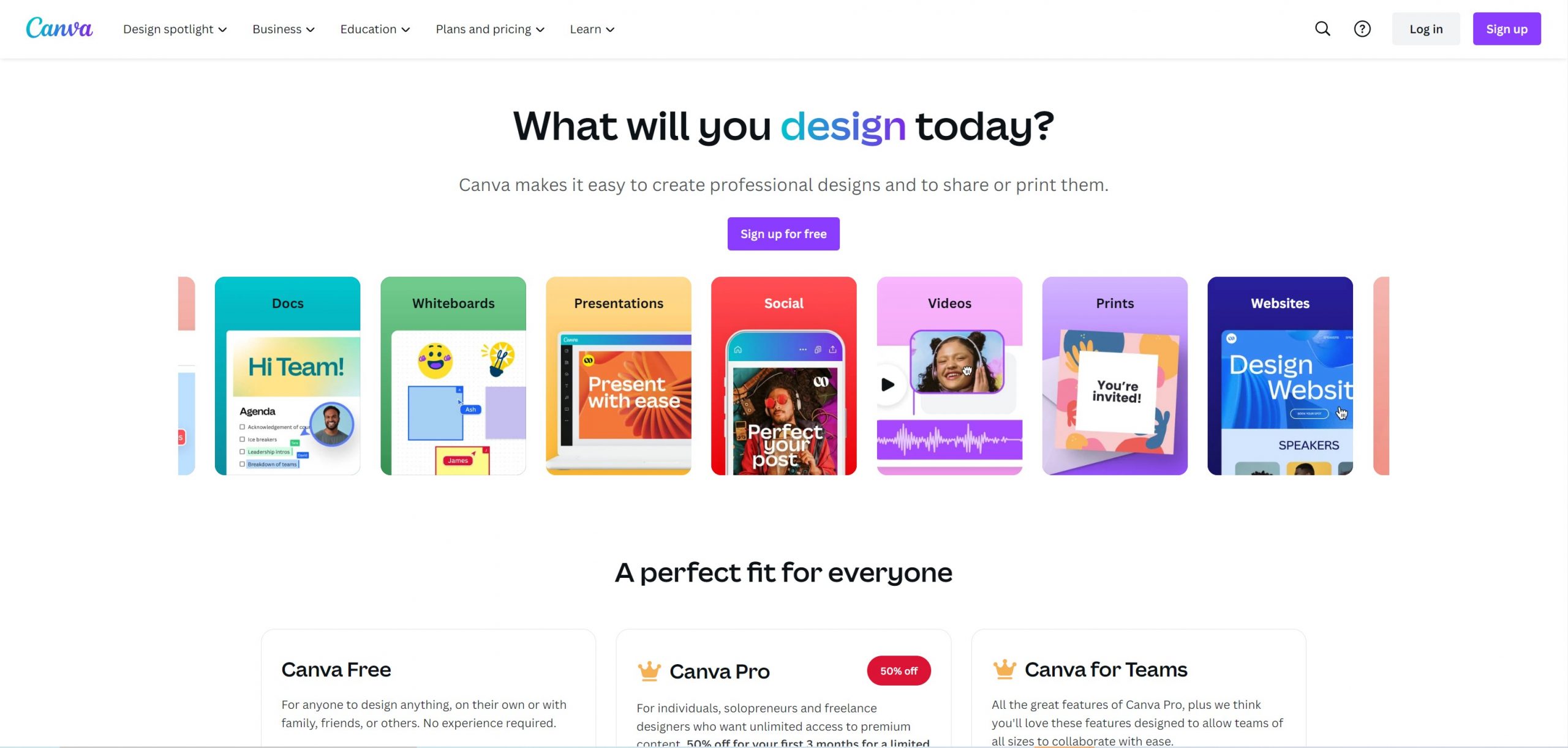
Canva is a popular design platform that offers a vast library of templates, images, and graphics. Its AI-powered design assistant, Canva Magic Resize, can automatically resize your designs for different platforms, saving you valuable time and effort. Canva is a user-friendly tool that empowers anyone to create professional-looking marketing materials.
Canvas AI can learn your brand guidelines, applying your chosen colors, fonts, and logos to any design automatically. This ensures brand consistency across all your marketing materials, reinforcing brand recognition and building trust with your audience. Imagine effortless social media posts, cohesive website graphics, and presentations that instantly scream your brand identity.
7. Jasper AI
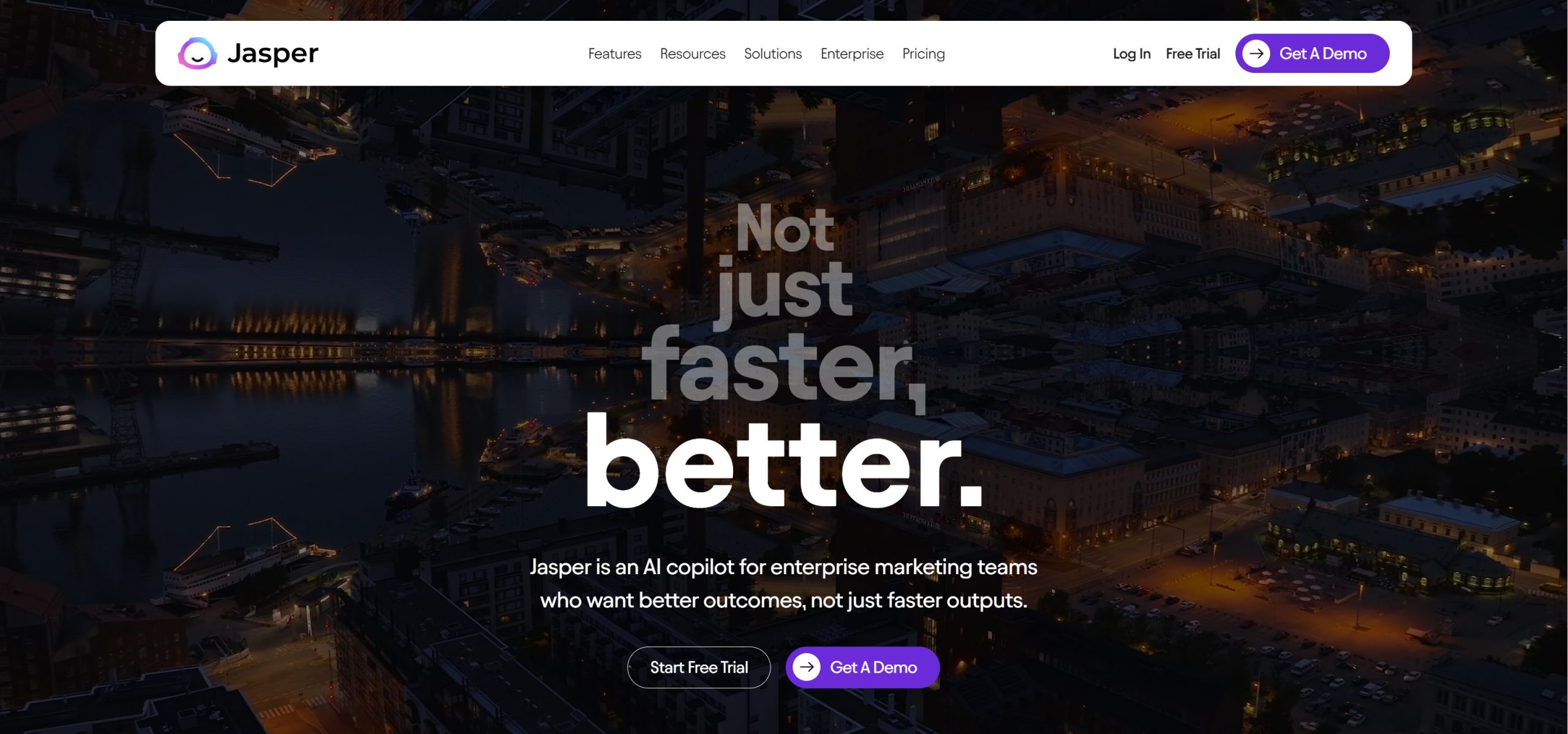
Jasper AI is a versatile AI writing assistant that can help you create a wide range of content, including blog posts, articles, social media posts, and even sales copy. It uses advanced AI technology to generate high-quality content that is both informative and engaging. Jasper AI is a great tool for busy marketers who need to create content quickly and efficiently.
Jasper AI goes beyond mere wordplay. Its AI allows you to continuously improve your marketing efforts, refine your messaging, and maximize your return on investment allows you to continuously improve your marketing efforts, refine your messaging, and maximize your return on investment.
8. Lexica Art
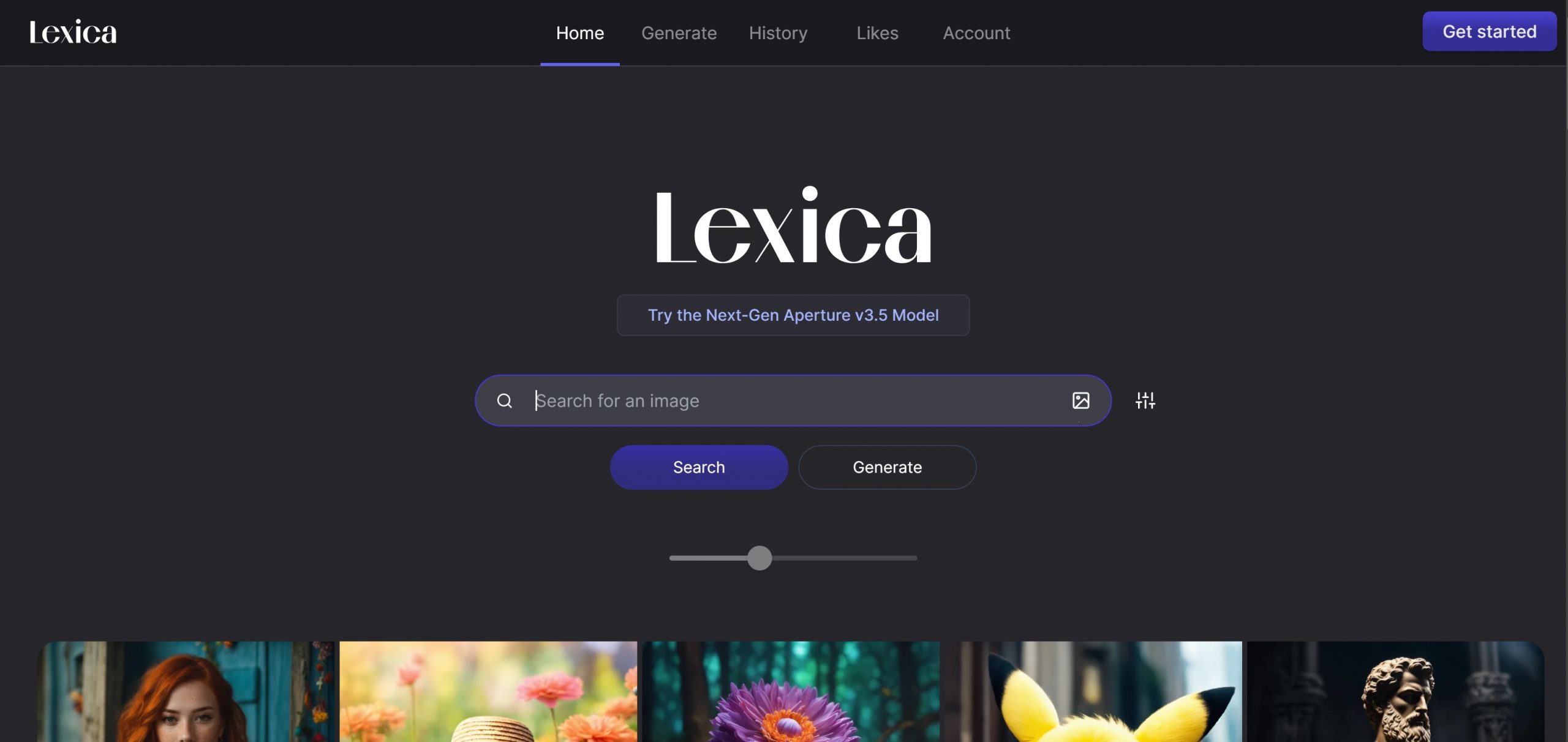
Lexica Art is a unique AI tool that allows you to create high-quality digital art using text prompts. Simply describe the image you envision, and Lexica Art will generate stunning and original artwork based on your description. This is a great way to create custom graphics for your marketing materials or to simply explore the creative possibilities of AI.
Lexica Art can break through creative plateaus and spark new ideas. Use it to test different visual directions for your brand, explore artistic styles you wouldn’t normally consider, or even generate mood boards for upcoming projects. This constant source of inspiration can keep your marketing fresh, captivating, and always ahead of the curve.
These are just a few of the many AI marketing tools available today. With the constant advancements in AI technology, we can expect even more powerful and innovative tools to emerge in the future. By embracing AI, marketers can unlock new possibilities and achieve remarkable results in their campaigns.

